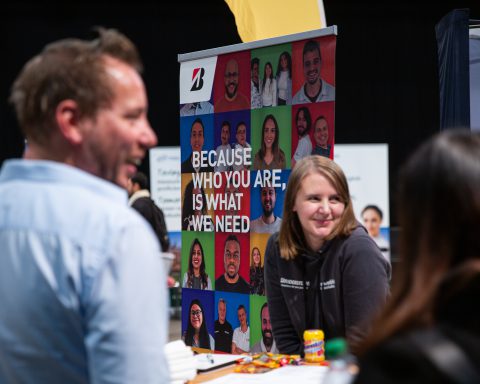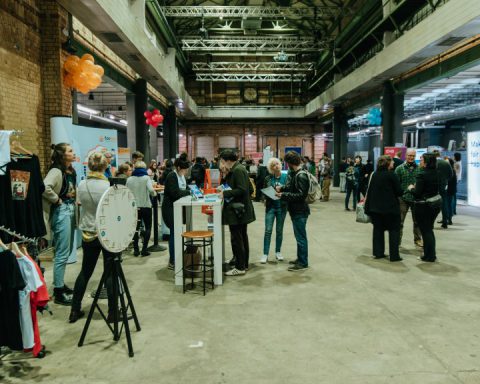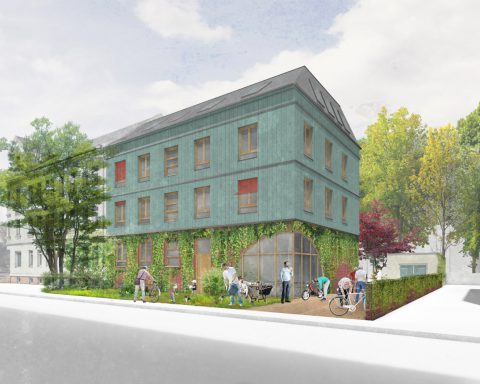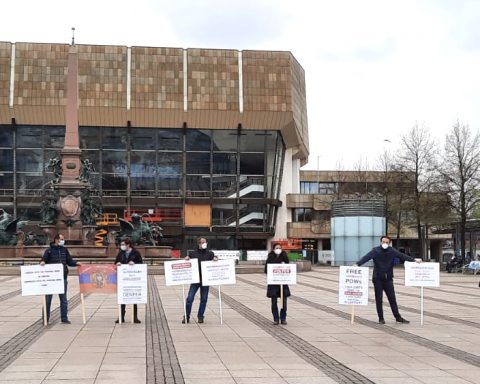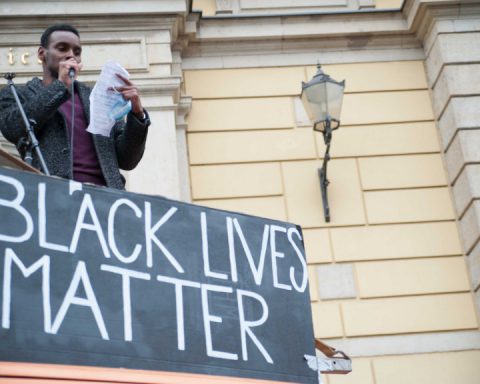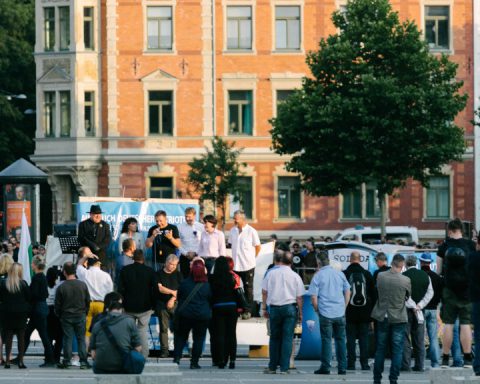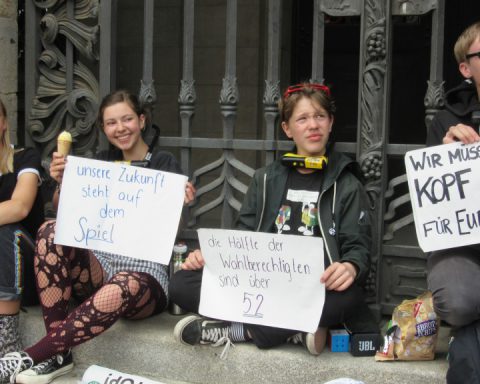From ECPMF:
We live in an era of ‘post-truth’, ‘alternative facts’ and social media trolls. Europe is often seen as a bastion of democracy and freedom of speech – in terms of its availability of information, media technology and diversity of media and expression. But is it?
Simmering under the surface of Europe’s press freedom are dangers and obstacles to free speech. Many of them come in the form of gender- and race-based threats.
Here in Leipzig, a small group of campaigners is working to change all that. These trollbusters are at the European Centre for Press and Media Freedom (ECPMF). And on 5 October, you can join them at their conference: ‘Defending Journalists Under Threat – Solidarity, Support and Safe Houses.’
The daylong conference is free to attend and in English.
You can also have your say about freedom of speech by entering the Young Writers’ contest that will be launched at the conference. Under the provocative title “Should we be free to hate?”, you are invited to write an essay, poem, blog post or screenplay, in no more than 1,000 words. (Check out last year’s winner.)
And the conference offers plenty of inspiration! Against the backdrop of journalists jailed in Turkey, attacks on media workers in Hungary, Poland and Ukraine, journalists banned from the G20 summit in Germany, and daily harassment through verbal abuse and hate speech, the ECMPF tackles these issues with those who are suffering. For example, the wife of a jailed journalist, victims of death threats and hate speech – and the human rights defenders who work to rescue them.
One of the speakers is Alexandra Pascalidou.
This Greek-born Swedish journalist, TV and radio host, author, lecturer and human rights activist will discuss contemporary threats to journalists. She will appear alongside Will Vassilopoulos, a video journalist who has reported most recently on the migrant crisis, and Aleksei Bobrovnikov, an investigative journalist at the Hamburg Foundation for Politically Persecuted People. They are joined by Alberto Spampinato, an Italian journalist whose brother was murdered by the Sicilian mafia – just for doing his job as a journalist.
Since starting her career in 1995, Alexandra Pascalidou has faced threats and hatred because she is a woman and because of where she comes from. From handwritten anonymous letters and insults and lies on racist websites to masked Nazis waiting outside her home and in her lectures, she has been through a lot.
In the beginning, she followed the advice of the police and her bosses to ignore the threats, hoping they would stop. Then Pascalidou began to share her stories, writing about her experiences in books and articles and speaking out in interviews and documentaries. Her aim was to reveal the threat to free speech and democracy, and she found engagement and support through her openness, although the abuse continued.
When a Nazi terrorist organisation came to her home, she was kicked out of work with the explanation that her colleagues feared for their own lives. She couldn’t take time off work and her only alternative was to keep on fighting:
We can’t give in. We have to resist and keep on fighting. Or they win.
In an interview with ECPMF, Pascalidou spoke about the psychological impact the attacks had on her, saying that the hatred, racism and sexism “poisons your mind.”
She has written a book, Beyond mum’s street, which has received excellent reviews and awards. She sees it as her duty to promote peace and empower women and minorities to fight for freedom of speech and democracy.
“We live in challenging times” remarked Pascalidou, noting the challenges faced when the media is overwhelmingly financed and supported by powerful people: “More than ever we need to organise and speak up – we need to teach young people how to handle the burden and how to block and mute destructive forces.”
She notes the importance of solidarity – a key theme of the ECPMF conference – not only among women journalists, but minority groups in general.
For Pascalidou, established politicians and media are part of the problem, normalising and mainstreaming sexism and racism: “If free speech is the oxygen of democracy, we should make sure that every single citizen can breathe. So let’s fight for pluralism, unity in diversity, for democracy.”
She notes that there will always be people who feel provoked and will try to silence journalists and writers. For Pascalidou, it is important to set up networks and meeting places for those affected. Even now, when threatened, Pascalidou does not know where to turn. It is a global problem, and at the ECPMF conference, we hope to confront these issues head on and propose practical solutions with the contributions of Alexandra and other notable speakers.
Other panels will discuss protection for whistle-blowers, practical solutions for and political implications to safeguarding journalists.
There will be a free reception in the evening with Afghani journalist Shakheela Ibrahimkhli speaking.
You can find out more info about and sign up for the conference of the European Centre for Press and Media Freedom on the event website.
The event takes place next Thursday, at the Leipzig School of Media, Poetenweg 28, Leipzig, Germany.

